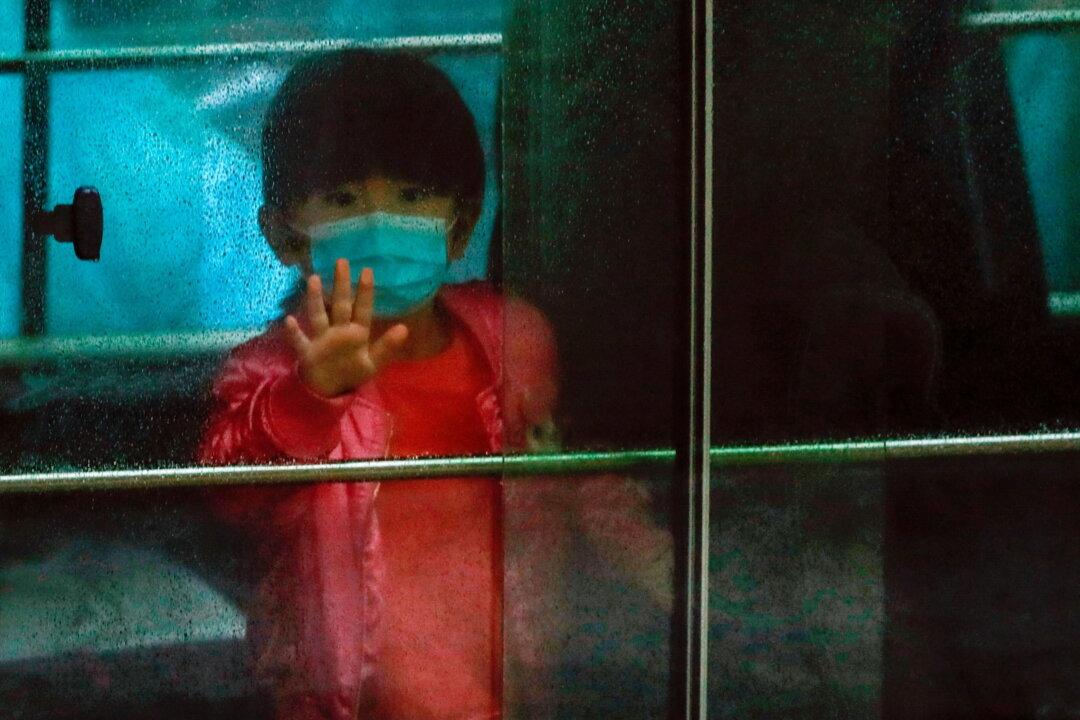The U.S. consulate on March 2 warned citizens not to travel to Hong Kong, citing the risk of parents being separated from children due to the local government’s COVID-19 restrictions.
The updated advice comes amid fears that Hong Kong may be bracing for a citywide lockdown as the local officials are under pressure from Beijing to contain its worst outbreak under the Chinese Communist Party’s zero-COVID policy.




